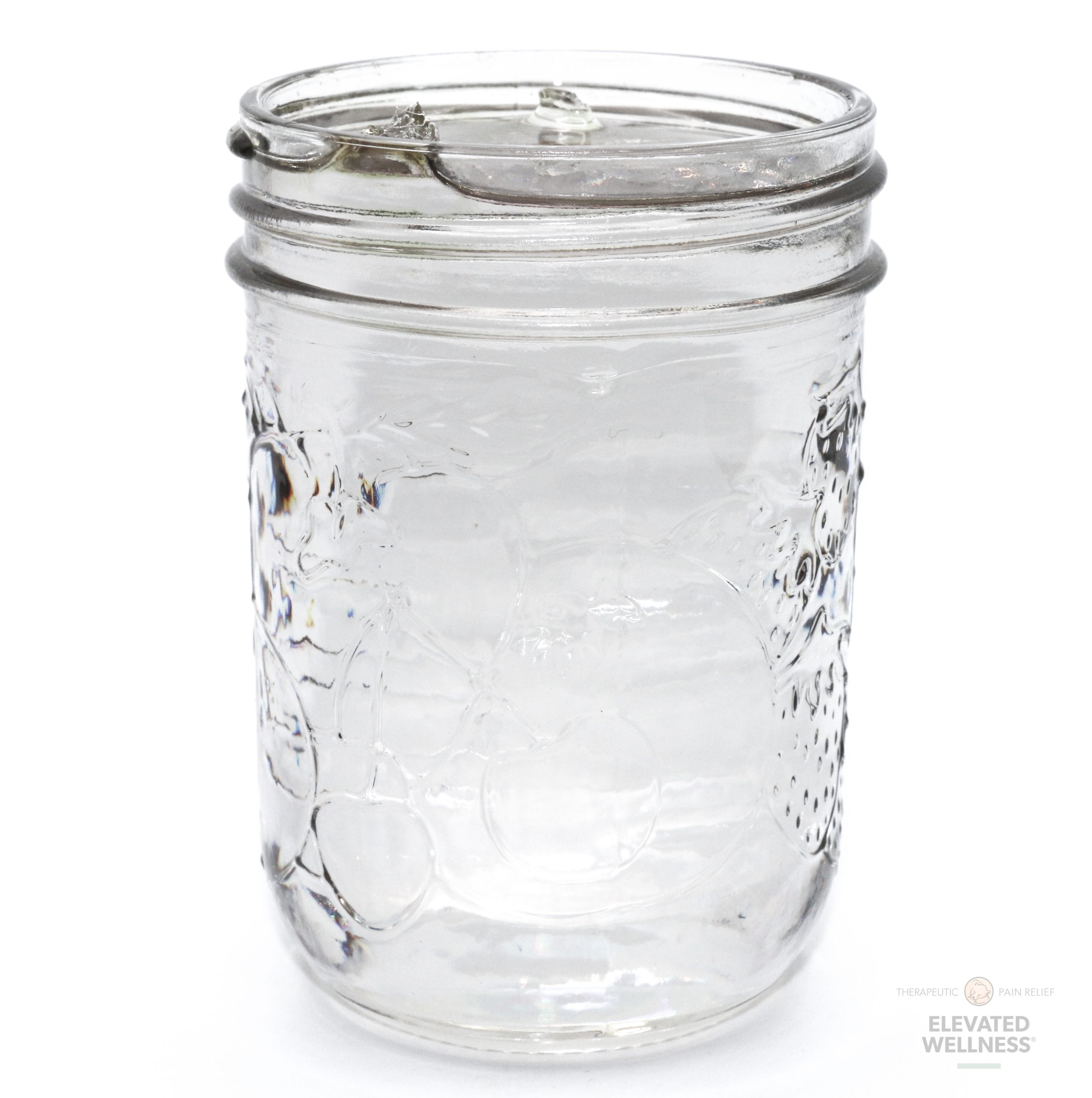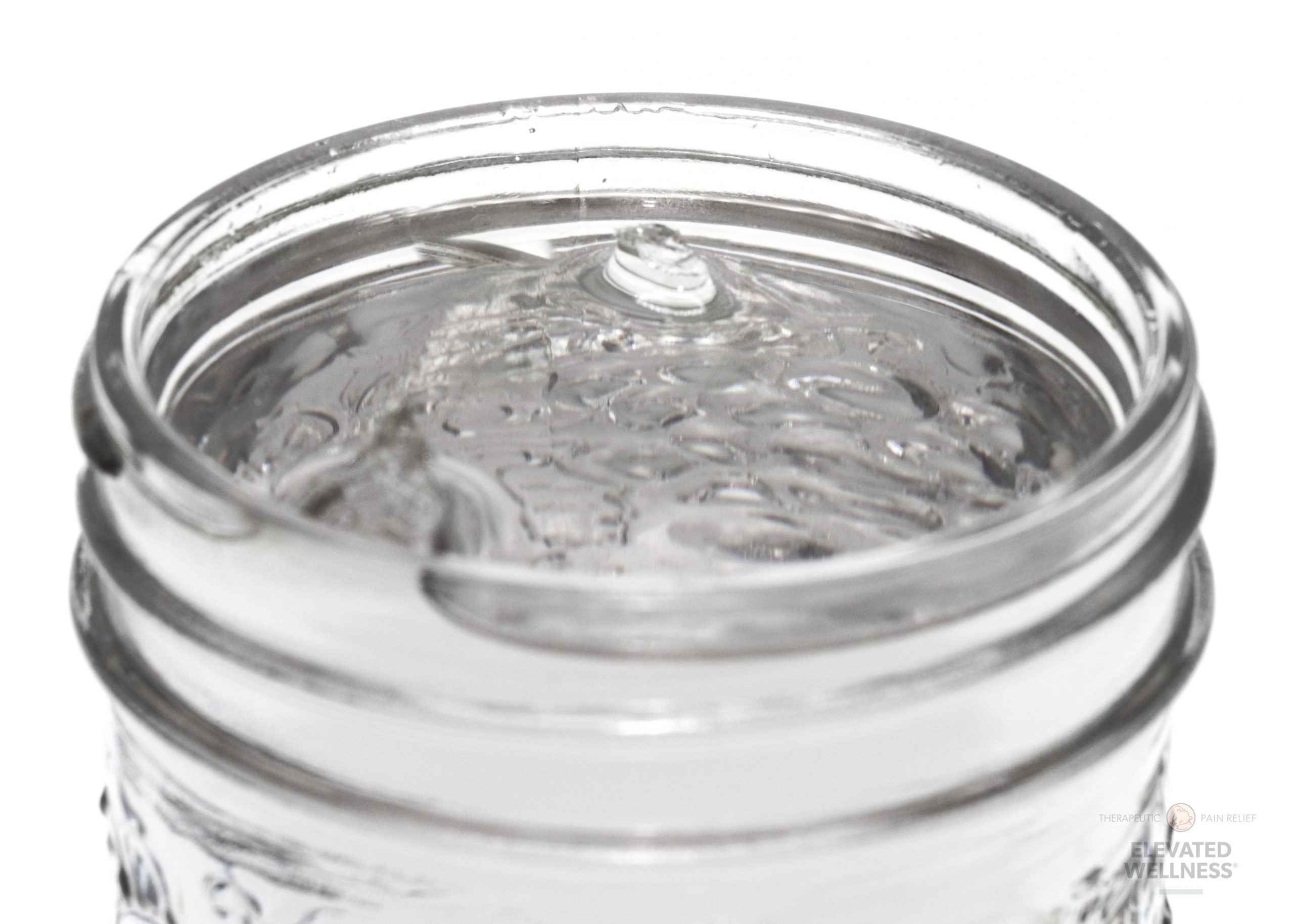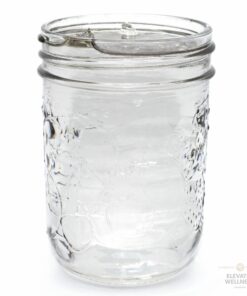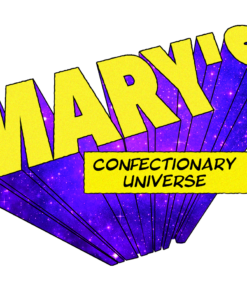Elevated Wellness – Delta 8 Distillate Bulk Jar (250g)
$1,199.00
Perfect for vape refills, pain management, sleep, or making edibles without the psychoactive effects! Contains 88-91% THC and comes in 250g jars. Learn more.
Delta 8 clear distillate, solvent free, lab tested, and no additional additives! Distillate is a cannabis extract in which the final product has been systematically stripped of all materials and compounds except one specific cannabinoid. Use it to refill your carts, vape pens, or expand your concentrates! This product is 99% pure solventless with 1% mixing agent. The total delta 8 tetrahydrocannabinol (THC) output is about 88-91%. Uses: Pain management, appetite regulation, sleeping aid, inflammation, and arthritis. Note that Delta 8 is derived from hemp and has a significantly lower psychoactive effect when compared to Delta 9. This product is best for consumers who are looking for pain management without getting high. Learn more.
Note: Check out our Delta 8 syringes if you are looking for smaller quantities. Please note that this is for wholesale and is not meant for general consumption.
Out of stock
What is Delta 8 distillate?
Delta-8-THC is a minor cannabinoid, occurring in cannabis in very small concentrations. Delta-8-THC is also a degraded form of delta-9-THC. When THC is stored for a long period of time, it degrades into delta-8-THC. Delta-8 is a cannabis compound that has become popular because of its similarity to delta-9 THC, the main compound in cannabis that gets you high, causing euphoria, happiness, sedation, symptom relief, and much more. Large amounts of THC are found in a majority of cannabis strains.
The similarities between the two cannabinoids lie in their chemical structures and their names. THC’s scientific name is delta-9-tetrahydrocannabinol, or delta-9 THC, or just delta-9. Delta-8 is short for delta-8-tetrahydrocannabinol, or delta-8 THC. Delta-8 THC can cause effects similar to regular delta-9 THC—but they will be much less potent.
Delta-8 and delta-9 are both forms of THC. In common usage, when people refer to THC they are talking about delta-9 THC. (In this article, when we use the term “THC” without a modifier, we are referring to delta-9 THC.)
Currently, the legality of delta-8 is hazy. It can be extracted from either hemp or cannabis. Because of the 2018 farm bill, hemp can be legally grown and used for extractions all over the United States, making delta-8 legal in states where delta-9 THC is illegal—sometimes.
Nearly all delta-8 THC on the market today is manufactured from hemp-derived CBD, which makes it, in theory at least, part of a federally legal chain of origin.
Delta 8 vs. Delta 9 – What’s the difference?
Delta-8, like delta-9 (regular THC), binds to the body’s endocannabinoid system, which causes you to feel high. Chemically, delta-8 and delta-9 are similar in that they both have a double bond in their structures. This double bond is thought to produce the intoxicating effects that make you feel high.
The two THCs are chemically different in the placement of the double bond. Both cannabinoids have a chain of carbon atoms, but delta-8 has the double bond on the eighth carbon, whereas delta-9 has it on the ninth.
Delta-8 binds to the endocannabinoid system in a slightly different fashion because of the location of its double bond. This is what is thought to make delta-8 much less potent than regular THC. However, more research needs to be done on delta-8 and how it interacts with the body.
Chemical structure. From a chemical or structural perspective, delta-8-THC differs from delta-9-THC due to the location of a critical chemical bond. Both forms of THC contain double bonds in their molecular chain. Delta-8-THC contains that bond on the 8th carbon chain, while delta-9-THC contains the bond on the 9th carbon chain. Although it seems like a subtle difference, it has a major impact on the shape of these molecules. This shape directly determines how well the molecules are able to bind to the body’s endocannabinoid receptors.
Molecular stability. Delta-9-THC is less stable than delta-8-THC. Delta-9-THC is easily oxidized to become cannabinol (CBN) or delta-8-THC. Delta-8-THC is stable, does not oxidize to become CBN, and boasts a prolonged shelf life. Such stability is desirable in a medicinal compound.
Affinity for cannabinoid receptors. Delta-8-THC, when inhaled, binds to the CB1 receptor like delta-9-THC, but its affinity for the receptor is different due to its slightly altered molecular structure and related shape. The CB1 receptor is responsible for mediating most of the psychotropic effects of THC. This differential binding may be responsible for delta-8-THC’s reportedly producing a clearer high with less anxiety than delta-9-THC. It’s also possible that delta-8-THC’s molecular structure affects how it interacts with other receptors and neural pathways.
Effects from consumption. Plenty of clinical and anecdotal evidence points to delta-9-THC having intoxicating effects when consumed via inhalation or ingestion. We know much less about the effects of delta-8-THC. Some say delta-8-THC produces a milder, clearer high than delta-9-THC even at higher doses. However, pharmacologically, delta-8-THC edibles function very similarly to delta-9-THC edibles, with both molecules converting into 11-hydroxy-THC in the liver. Because there is so much we have yet to learn about delta-8-THC, and because the effects are very different depending on whether it’s ingested or inhaled, it’s wise to treat these products with the same caution you would treat THC products.
What is Distillate?
Distillate is a runny, translucent oil devoid of the waxes or undesirable compounds from the original plant. Distillate is desirable due to its potency and versatility. It can be used to dab, vaporize, and mix in as an ingredient in edibles, topicals, and other products. Distillate concentrates are achieved through an extensive distillation process that separates compounds from cannabis plant matter.
Distillate is a cannabis extract in which the final product has been systematically stripped of all materials and compounds except one specific cannabinoid.
Distillate is the base ingredient of most edibles and vape cartridges and typically lacks any flavor, taste, or aroma. It’s a potent cannabis oil that can be used on its own or infused in other cannabis products or goods. The most common forms of distillate on the market are THC oil and cannabidiol (CBD) oil. The name of the oil indicates the most prominent cannabinoid. In the case of CBD oil, CBD would be the most prominent cannabinoid. The name distillate refers to the cannabis purification process that removes and separates the cannabinoids, such as THC or CBD, into unique products.
Why Buy Elevated Wellness Delta 8?
A range of preclinical and clinical studies are uncovering some of the unique properties and therapeutic potential of delta-8-THC.
Pain and inflammation. A 2018 preclinical study published in Cannabis and Cannabinoid Research found that delta-8-THC may help to diminish pain and inflammation in corneal injury in mice. The research found that delta-8-THC, applied topically, assisted in pain reduction, and reduced inflammation through its effects on the CB1 receptors. Another preclinical study on rats reported that delta-8-THC delivers pain relief, but that tolerance to the cannabinoid developed rapidly.
Anxiety. According to the US National Library of Medicine, delta-8-THC displays anxiety-reducing qualities similar to delta-9-THC. Anecdotal reports claim that the consumption of delta-8-THC results in a calm, focused high, but we need more clinical research into its anti-anxiety potential before drawing any conclusions.
Nausea. The nausea-fighting potential of delta-8-THC was reported in a 1995 study published in Life Sciences. The study followed eight pediatric cancer patients over two years and found that no vomiting occurred when patients ingested delta-8-THC before and for 24 hours after cancer treatment. The study reported very few side effects.
Lose of appetite. Delta-8-THC may also help stimulate the appetite. Research conducted on mice and published in 2004 in Pharmacology, Biochemistry and Behavior found that a low dose of delta-8-THC administered to mice over 50 days resulted in a 22% increase in food intake compared with controls. The research also reported that delta-8-THC increased food intake significantly more than delta-9-THC, a known appetite stimulant.
As delta-8 is similar to THC, consumers can get some of the same benefits from consuming it. Some conditions delta-8 can help with include:
- Pain relief
- Insomnia
- Anxiety
- Nausea
How do I use Delta 8 distillate?
Distillates can be consumed on their own using a dab rig or portable vaporizer. You can also vape them using a distillate cartridge and vape pen. Dabbing or vaping distillates yields a nearly odorless vapor, depending on whether it’s been flavored, with their effects typically being experienced instantly. Adding drops of THC distillate to flower in a rolling paper or bowl intensifies the intoxicating high without altering the flavor or smell.
As an alternative to vaping or smoking, you can make distillate edibles or topicals. In edibles, distillates provide the desired cannabinoids without any plantlike taste. For edibles prepared at home, the oil should be introduced with low doses, about 5 milligrams or less THC per serving, then slowly increase the dosage for the desired potency and taste. Distillates can be consumed on their own and dropped sublingually, or under the tongue. This type of oil can also work in topicals, which are applied transdermally, or applied to the skin and absorbed.
Distillates allow cannabis product manufacturers to separate the various cannabinoids and terpenes, then recombine them into specific ratios. For example, the starting material from a harvest of cannabis plants may not have enough naturally occurring CBD to produce a tincture to help treat anxiety disorders. With distillates, a more accurate CBD-to-THC ratio can be achieved.
Manufacturers also use distillates for producing cannabis edibles, both for the ability to portion the cannabinoids and terpenes into precise amounts, as well as for their flavorless quality. Cannabis butter is another common ingredient used for edibles, but it can add a dry, astringent taste. With distillates, manufacturers can have greater control over the taste of their infused edibles.
Final Thoughts on Delta 8 distillate
Delta-8 consumers report many of the same effects as THC, such as mild euphoria, happiness, uplifting feelings, and relief from some symptoms such as pain, although the compound is much less potent. Delta-8 can also help with insomnia. Delta-8 will get you high, albeit not as high as common delta-9 THC. For those living in states where cannabis is illegal, delta-8 may be a legal way to experience some THC-like effects from cannabis.
Side effects may be similar to those of THC, including dry mouth, red eyes, getting the munchies, short-term memory, paranoia, or anxiety. It’s important to note that delta-8 hasn’t been studied extensively and more research is needed on the effects it has on the mind and body. Delta-8 has more similarities to THC (delta-9) than CBD, both in its chemical structure and because it gets you high. Delta-8 THC binds to the body’s endocannabinoid system more like delta-9 THC. CBD doesn’t bind as readily to the endocannabinoid system, making it non-intoxicating, although CBD can offer medicinal benefits for the consumer.
If you are looking for effects similar to THC but with a reduced potency, delta-8 may be for you. If you seek relief from certain symptoms and don’t want to get intoxicated, you may want to try a CBD product.
How to Buy Delta 8 Distillate bulk jars Online + Shipping & Delivery
You can buy Delta 8 Distillate bulk jars online directly from us! We offer same day cannabis delivery within Toronto, the GTA, Durham Region, Peel Region, York Region, Halton Region, Hamilton, and more. View all of our delivery zones here. Live outside of our delivery zone? Not a problem! Get same day shipping across Canada via Canada Post or Purolator. Kush Buddy is your top local cannabis dispensary!
| Weight | 250 g |
|---|
1 review for Elevated Wellness – Delta 8 Distillate Bulk Jar (250g)
Sorry, no reviews match your current selections
Q & A
Ask a question
Your question will be answered by a store representative or other customers.
Thank you for the question!
Your question has been received and will be answered soon. Please do not submit the same question again.
Error
An error occurred when saving your question. Please report it to the website administrator. Additional information:
Add an answer
Thank you for the answer!
Your answer has been received and will be published soon. Please do not submit the same answer again.
Error
An error occurred when saving your answer. Please report it to the website administrator. Additional information:









Wicked stuff awesome deal